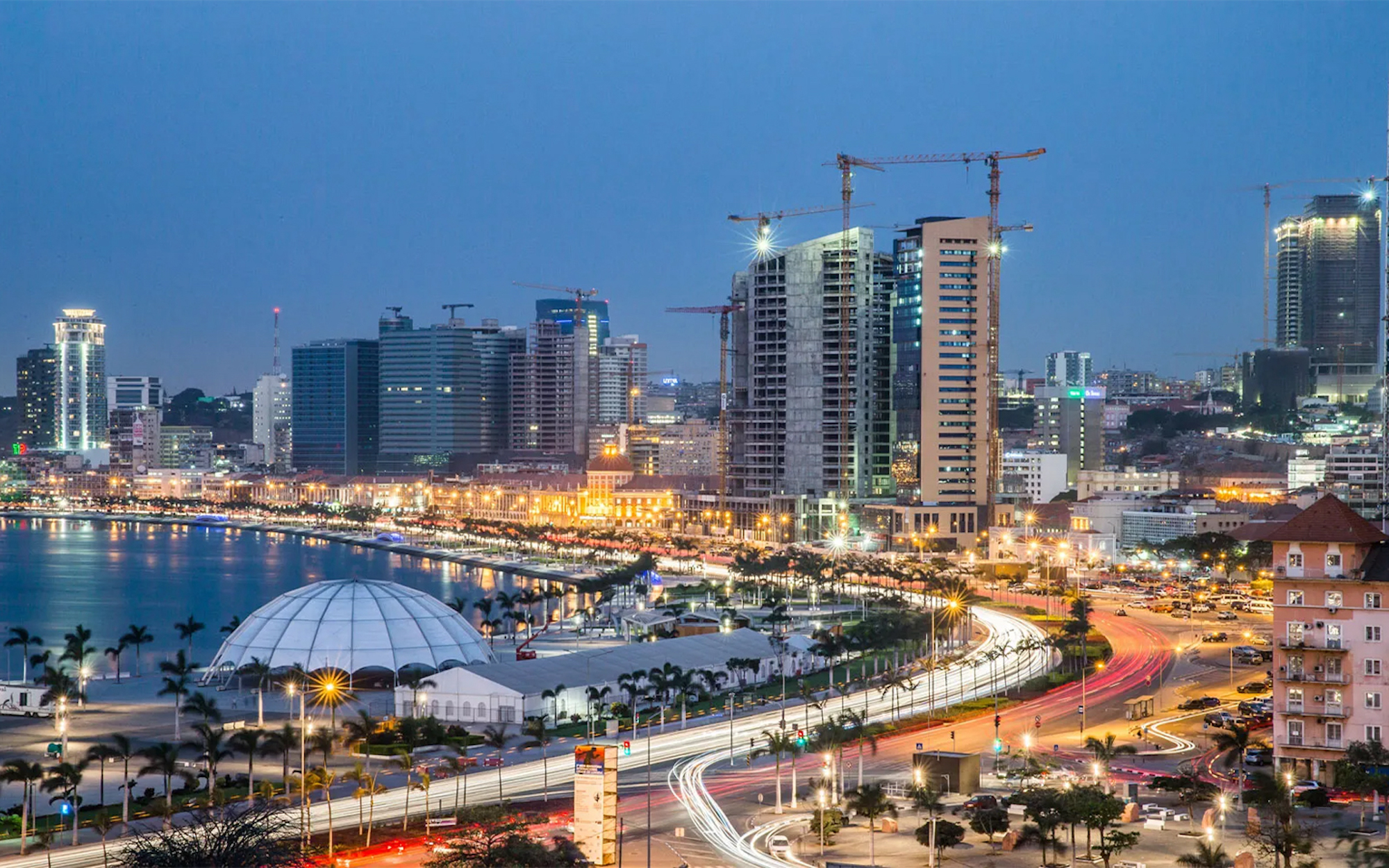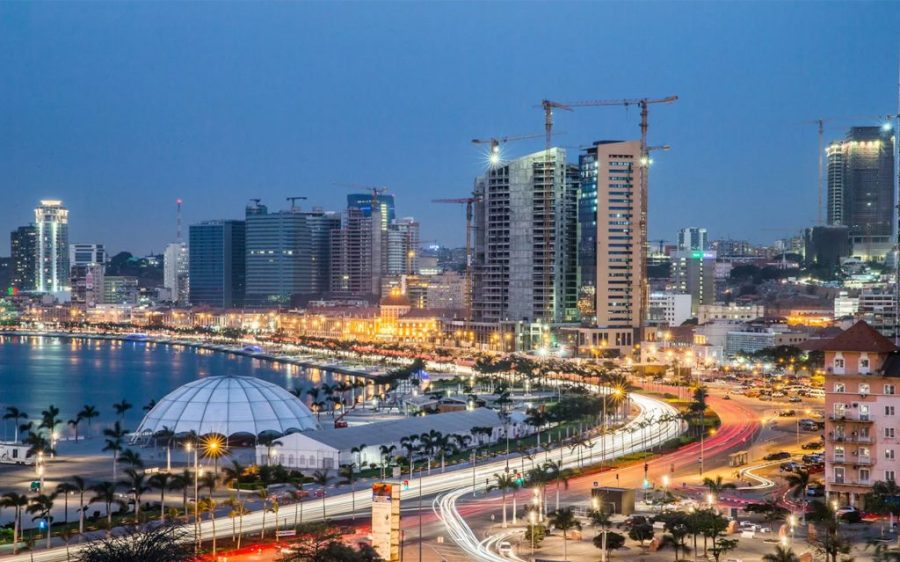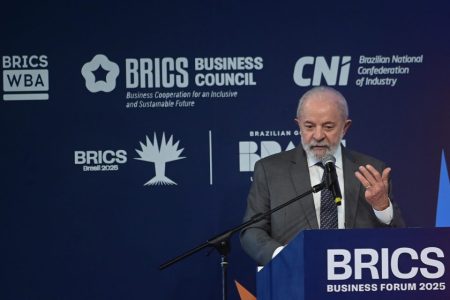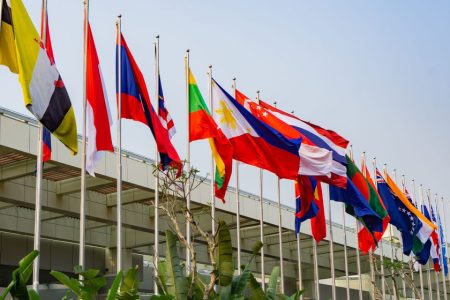China has reassured Angola that its investments in the southern African country will continue. In a meeting on Monday with President João Lourenço, held to mark the 40th anniversary of Sino-Angolan relations, China’s ambassador Gong Tao said relations were “in a good period of their development” and drew attention to a year-on-year increase of 25 percent in trade to US$27 billion in 2022.
According to a report by Portugal’s news agency Lusa, the ambassador highlighted Chinese projects currently underway in Angola, such as the new international airport in Luanda, the Caculo-Cabaça hydroelectric plant and the new port of Caio, in Cabinda.
“These are strategic infrastructures for Angola and China has all the support to give the Angolan side, we know the importance of these projects, we will continue to finance these works”, he said.
[See more: What a presidential photo opportunity says about Sino-Angolan ties]
He added that a new customs agreement was being negotiated, under which Beijing would offer zero tariffs on 98 percent of goods imported from Angola.
The ambassador’s remarks come amid suggestions that relations between Beijing and Luanda have grown more distant.
Angola received more than a quarter of China’s total lending to African countries, or US$42.6 billion, between 2000 and 2020, but did not receive any funding from Beijing’s signature Belt and Road Initiative in 2022.
One analyst told the South China Morning Post that Beijing had become preoccupied with its relations with other oil-producing nations in a bid to diversify its sources of the fuel, which makes up the bulk of Angola’s exports.






